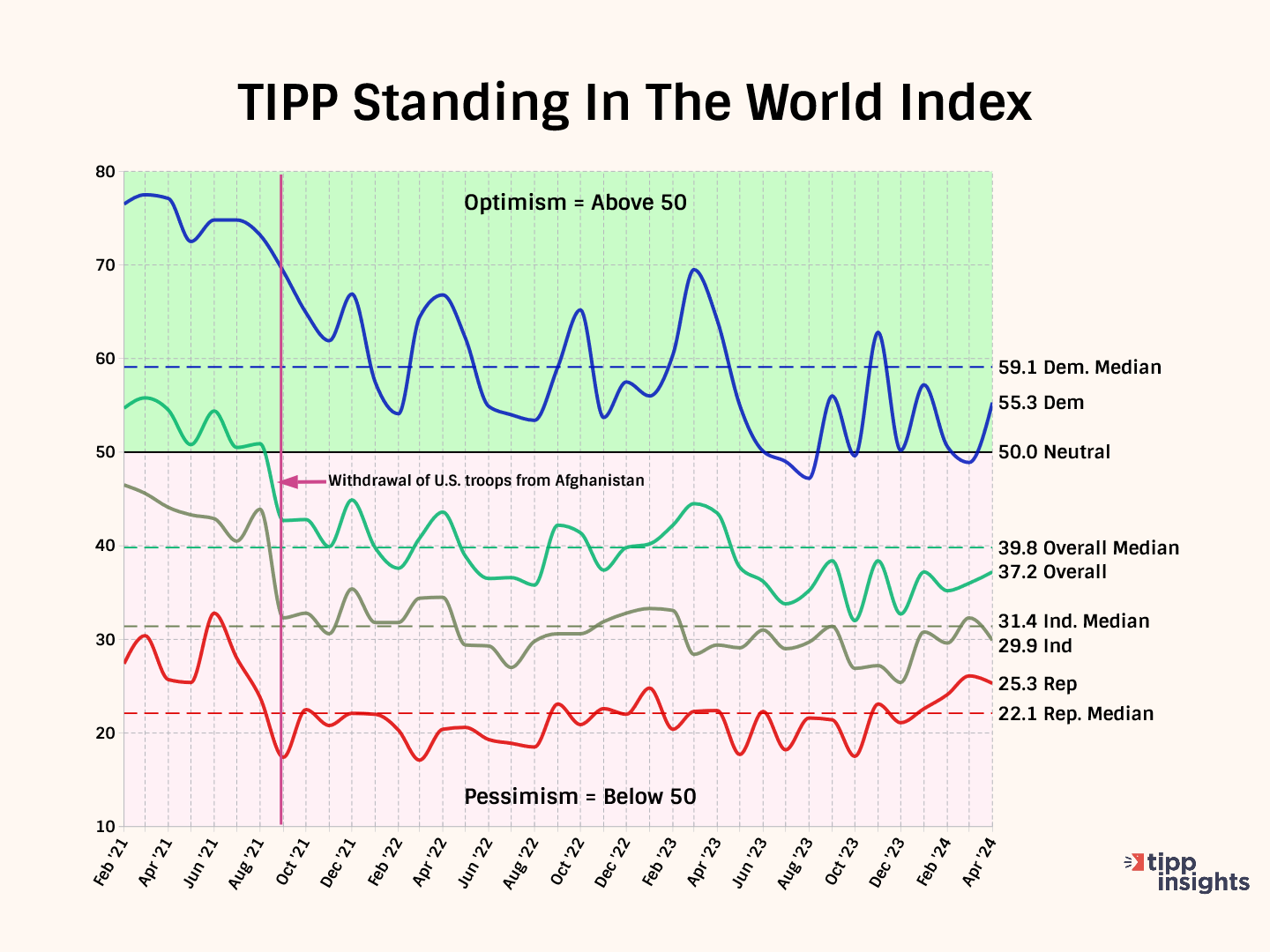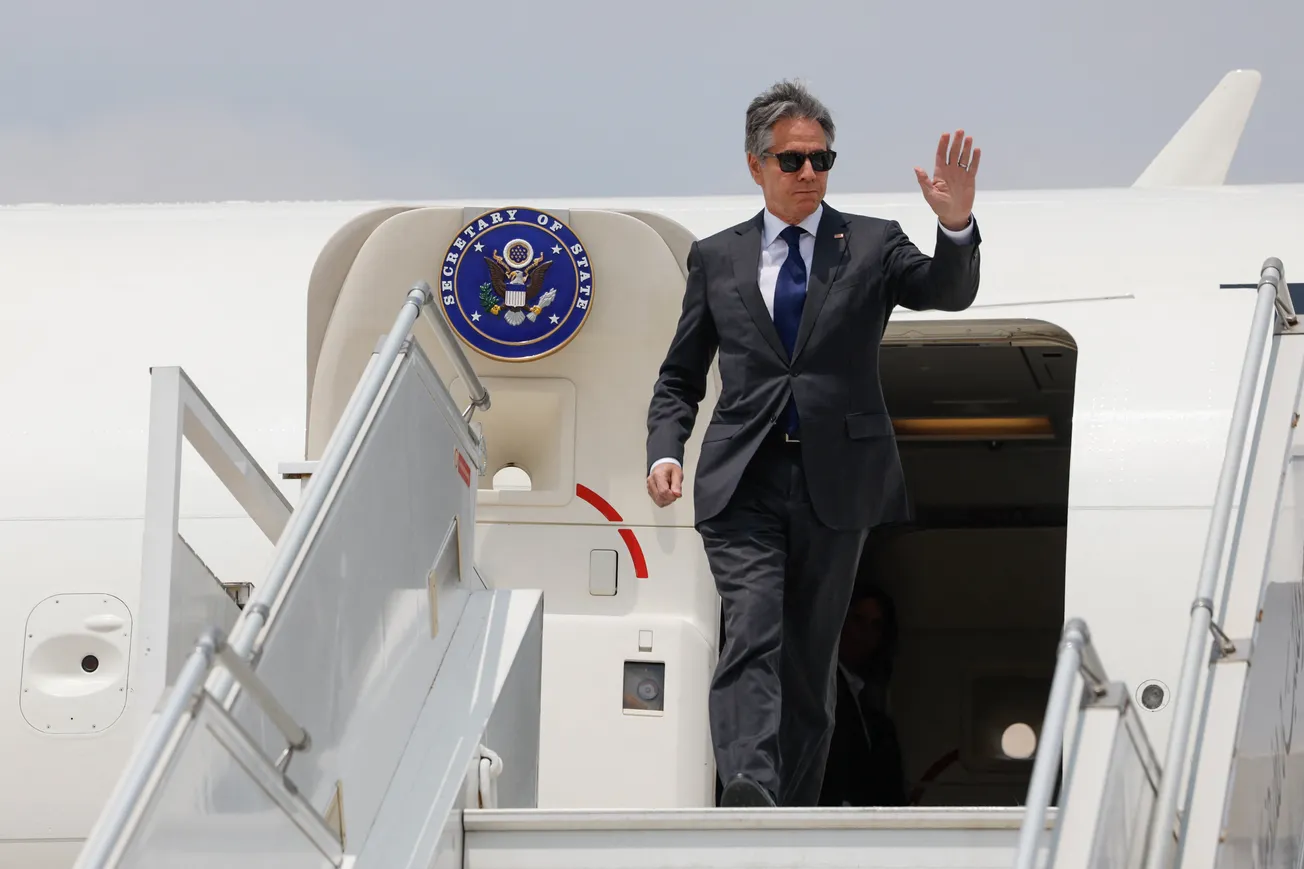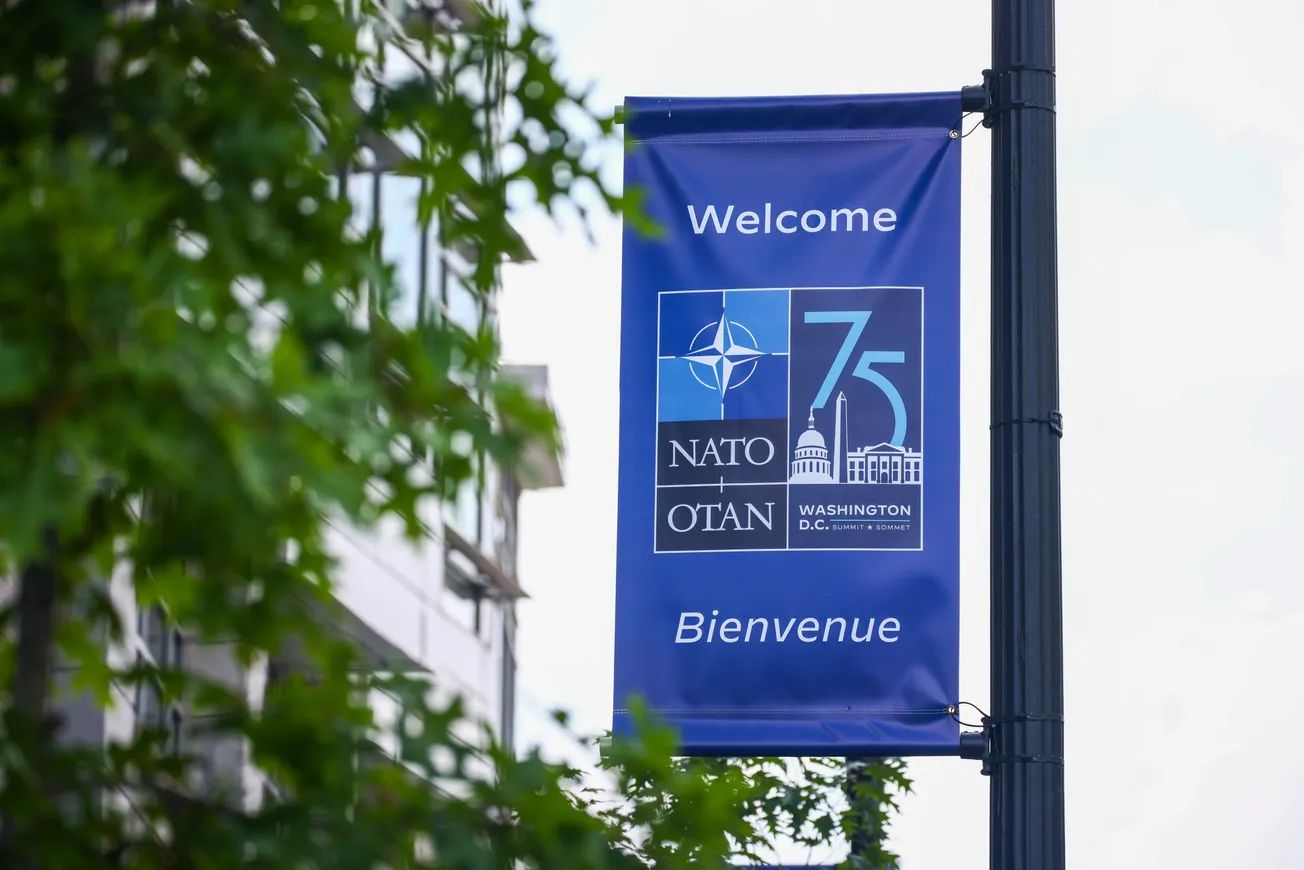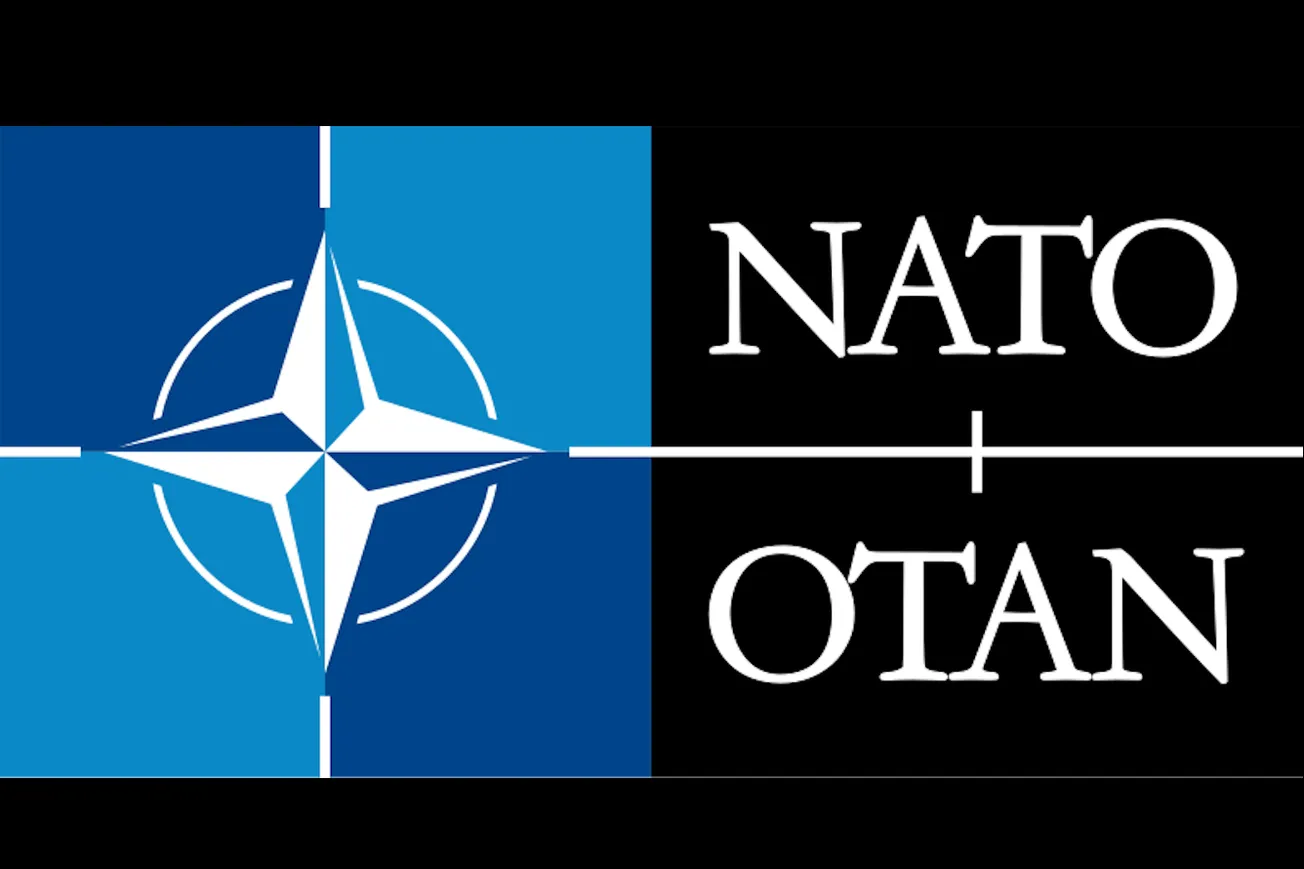Tony Blinken ranks as one of the worst secretaries of state America has ever had. Lacking the political and diplomatic skills of previous secretaries of Democratic administrations - like Madeliene Albright or Hillary Clinton - Blinken, like his close friend Jake Sullivan, is all bold talk, rhetoric, hubris, and empty threats. His style doesn't meet the high demands of the office of the world's top diplomat.
In Jerusalem recently, Blinken said of Hamas's reluctance to agree to a cease-fire:
There is a proposal on the table, and as we've said: No delays, no excuses. The time is now.
Criticizing Israel's plans for further military action, Blinken said:
We cannot, will not, support a major military operation in Rafah absent an effective plan to make sure that civilians are not harmed.
In Beijing, Blinken again warned the Chinese about dual-use technology that China was exporting to Russia. (Dual-use technology typically refers to items or technologies that have both civilian and military applications.) They could include advanced electronics, navigation systems, and high-performance computing hardware and software, which can be used for peaceful applications, such as scientific research and development. They may also be used for military purposes, such as to develop advanced weapons systems. The concern is that if such technology falls into the wrong hands, it could pose a significant threat to global security.
While the concern is valid, how is it reasonable for Blinken to visit the second-largest economy in the world and issue a threat? Did Blinken forget that China and Russia have already announced a partnership with no limits?
At a press conference after the meeting, Foreign Ministry Spokesperson Wang Wenbin reacted with a response that made a lot of sense.
The Wall Street Journal:
I just wanted to follow up on the question that was just asked. Secretary Blinken, while in Beijing has made a point to say that a key focus of his is stressing to China the US's opposition to China's support through trade of the Russian economy and its defense industrial base. Could you comment on that specifically? How did Foreign Minister Wang respond to that today when Secretary Blinken brought it up? And is China willing to take any steps at all to limit its trade with Russia in response to concerns by not only the United States but also by Europe as well?
Wang Wenbin, recognizing America's profound interference in Ukraine for at least 15 years and America's leadership by persuading the West to commit more than $200 billion in direct military and supporting aid to Ukraine since the war began, said:
It is hypocritical and highly irresponsible for the United States to falsely accuse China of our normal trade and economic exchanges with Russia while passing legislation to provide massive aid to Ukraine. The root cause of the Ukraine crisis lies in regional security tensions that have built up in Europe over the years. Only by accommodating the legitimate security concerns of all parties and creating a balanced, effective, and sustainable European security architecture through dialogue and negotiation can the issue be properly addressed.
China did not create the Ukraine crisis, nor are we a party to it (TIPP translation: America did and is a party to it). China's position on Ukraine has been just and objective. We have actively promoted talks for peace. Shifting the blame to China will not end the crisis, nor will it help those who find themselves in a difficult position on Ukraine. As a Chinese saying goes, "Let the person who tied the bell on the tiger take it off." We urge the U.S. to stop scapegoating China and make genuine efforts to find a political end to the Ukraine crisis.
The Chinese spokesperson's response framed the frustration many of us feel when senior administration officials jet around the world and tell foreign leaders what to do. Whatever happened to diplomacy?

Early last month, Janet Yellen visited Beijing and issued threats. Yellen's argument was worse because she resorted to both threats and pleas. Yellen warned her Chinese counterpart about military assistance to Russia while also begging China not to flood the United States market with cheap green energy products.
Another example of hubris is National Security Adviser Jake Sullivan. He doesn't mince words when lecturing foreign officials whose assistance he seeks. His concerns are invariably mixed with warnings. When he met with Chinese diplomat Yang Jiechi in Rome in March, just a month after Russia invaded Ukraine, he threatened and cajoled Beijing with isolation and penalties if it helped Moscow.
Sullivan has been wrong in every foreign policy decision he has made. In February 2013, as then-Vice President Biden's top security aide, he became the Obama administration's point man for Libya, Syria, and Myanmar. The needle has not moved towards improvement in any of the three countries.
Libya never recovered from NATO's actions to remove its leader, Muammar Gaddafi, in 2011. Human Rights Watch says Libya has continued to experience mass displacement, dangers caused by newly-laid landmines, and the destruction of critical infrastructure, including healthcare and schools. Foreign fighters are everywhere, pushing Libyans to flee when Europe is in no position to accept more refugees.
Syria embraced Russia as its savior, and America lost its regional influence. The Syrian dictator is still in power in Damascus. In fact, Russia perfected many of its Ukraine war tactics in Syria.
Myanmar underwent a coup in 2021, and the displacement of Rohingya Muslims and other minority groups, which began in 2017, continues to this day.
The ink on the paper that President Biden signed, sending $61 billion in aid to Ukraine, is not even dry. Already, there are media reports that the money is insufficient and came in late. Ukraine continues to face losses, and there is now talk about legislating into law a 10-year open-ended financial commitment to Ukraine into law.
We doubt if we can tolerate six more months of the Biden team's pure arrogance and rank incompetence even as the world erupts in anger and violence everywhere, sadly, now, even on U.S. campuses. The November election is a referendum on not only Biden's failed domestic policies but also his failed foreign policy.









